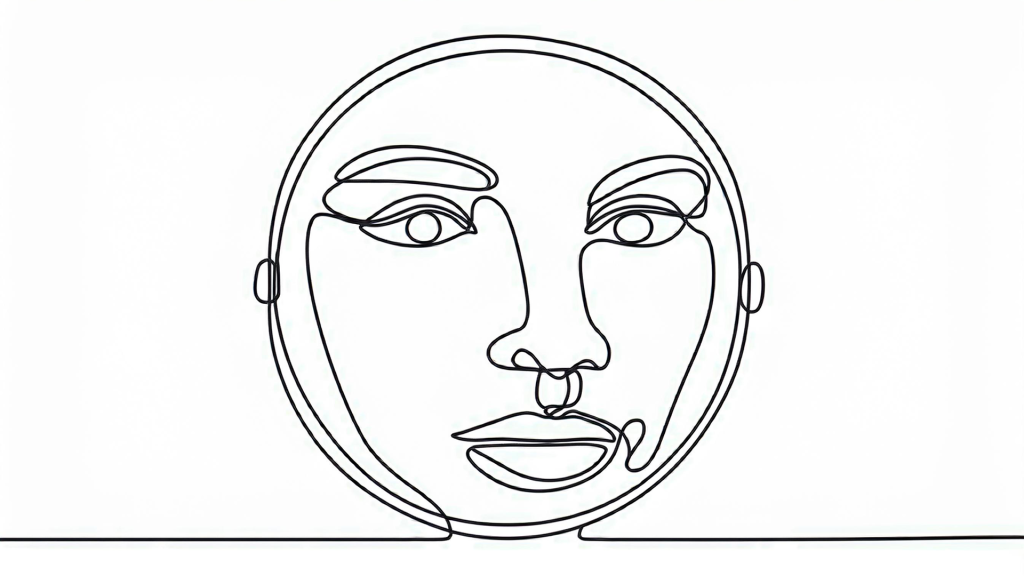Reflect and Evaluate Culturally Responsive Practices

Now that you’ve acquired knowledge about the families you’re working with and begun applying it, it’s imperative that you reflect on how you are using this new knowledge and skills and evaluate what is working well, what you may need to tweak, and what gaps in your learning and abilities need to be addressed. In her book, Seven Essentials for Family-Professional Partnerships in Early Intervention, Kielty reminds us that “…doing by itself does not result in learning; reflections about what one did and the result of the actions (i.e., practices) is what produces the learning” (Kielty, 2017, p.8). It’s for this reason that the next component in the framework for culturally responsive early intervention is the reflection and evaluation of practices.
Chapter Objectives
- Define reflective practice and list the benefits of reflective practice for EI providers.
- Describe how we can use reflective practice as a tool on our journey to become more culturally responsive early intervention providers and familiarize ourselves with a reflective practice cycle.
- Understand how to seek out reflective feedback and identify reflective practice partners.
- Practice strategies to build resilience and avoid defensiveness when taking in reflective feedback and reckoning with our past practices.
- Familiarize ourselves with a reflective practice tool that focuses on culturally responsive EI practices.

